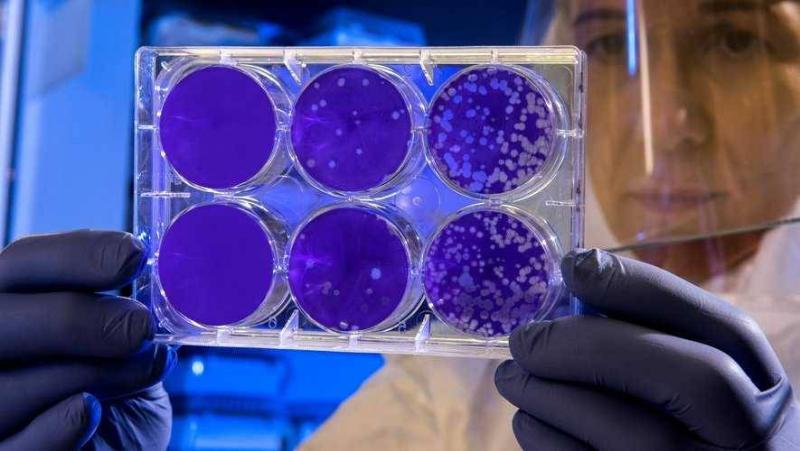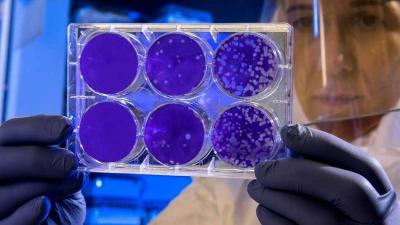The world has not yet emerged from the COVID-19 pandemic and its health and psychological effects, when it is now faced with a virus similar to COVID-19 that resists vaccines. American scientists have warned that a virus akin to COVID-19 exists in bats and is capable of infecting human cells, as reported by Topsante.
It seems the family of coronaviruses is expanding further. Following the emergence of SARS-CoV, which was responsible for the severe acute respiratory syndrome outbreak in 2003, and SARS-CoV-2, which is the basis for COVID-19, we now encounter the Khosta 2 virus. This virus was discovered in Russia's Sochi National Park in 2020, but initially, scientists did not express concern as they believed it was incapable of transmitting to humans. However, a new study led by researchers at Washington State University has confirmed that Khosta 2 can infect human cells, at least in the lab.
The research team found that, like "the novel coronavirus," Khosta 2 can utilize its spike protein to infect cells by binding to a receptor protein called angiotensin-converting enzyme 2 (ACE2), which is found on the surfaces of cells. According to the American researchers, who published their findings in the scientific journal PLoS Pathogens, Khosta 2 is capable of resisting antibodies produced from COVID-19 vaccines.
The lead author of the study, Michael Letko, emphasizes, "We do not want to scare anyone when talking about a vaccine-resistant virus, but we need to understand that these viruses exist and are present in nature, each with its own characteristics, and some can attach to human cell receptors and cannot be neutralized by the response from current vaccines."
Fortunately, Letko notes that "the new virus lacks certain genes believed to be involved in causing disease in humans. Nevertheless, the union of Khosta 2 with another virus, such as the novel coronavirus, could pose a serious health threat." The discovery of Khosta highlights the need for the development of universal vaccines to protect against sarbecoviruses in general, not just against the known variants of the novel coronavirus.




